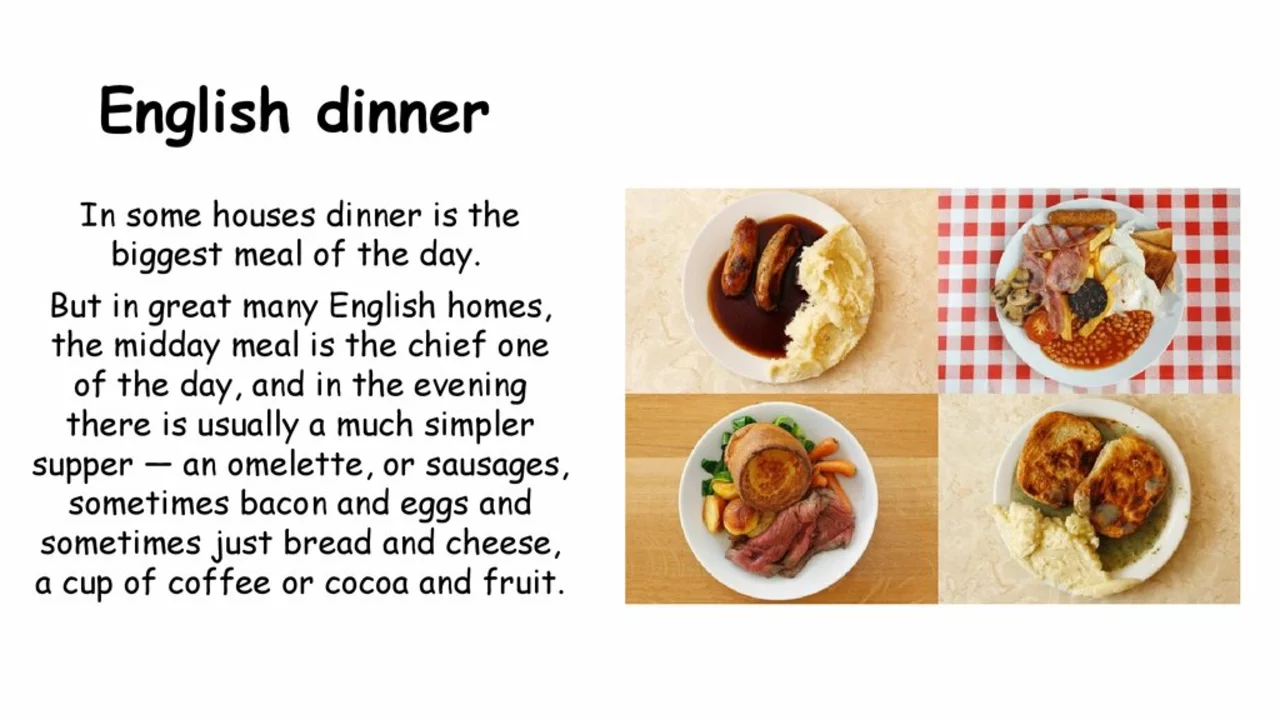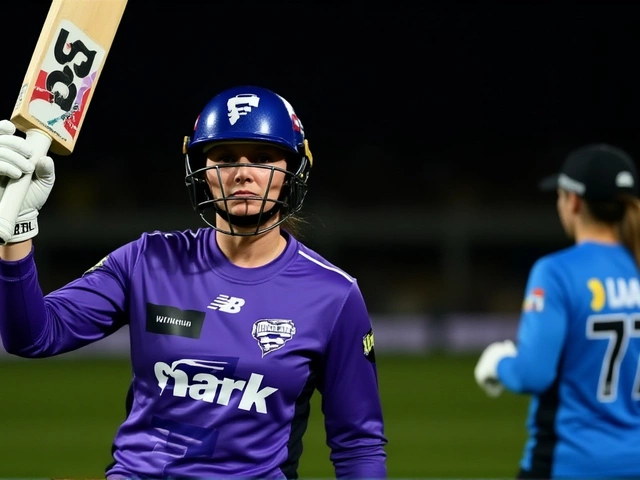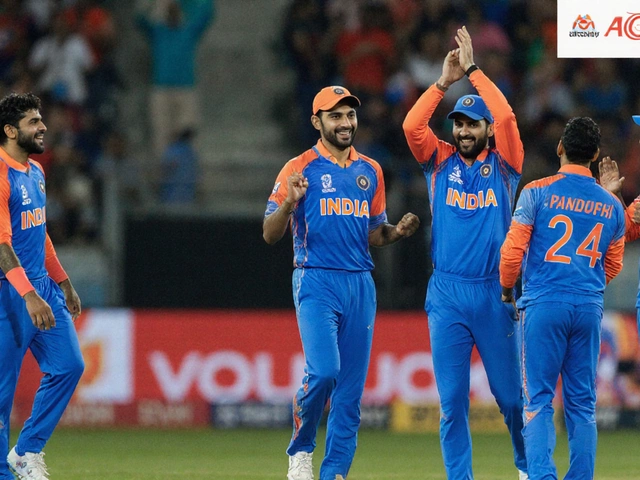Introduction: The Roti-Salt Midday Meal Controversy
In recent times, the Indian media has been abuzz with the story of a journalist who was booked for reporting on the substandard quality of midday meals provided to school children in Uttar Pradesh. The video showed children being served only roti and salt, which led to widespread outrage and demands for accountability. However, recent developments seem to indicate that the journalist might be given a clean chit, raising questions about the state of press freedom and accountability in India. In this article, I will discuss the various aspects of this case and the implications of the clean chit.
Background: The Importance of Midday Meals in India
Midday meals are an essential part of the Indian government's efforts to ensure adequate nutrition and education for children from economically disadvantaged backgrounds. Implemented across the country, the scheme aims to provide free, nutritious meals to school-going children, thereby encouraging enrollment and attendance while also addressing issues of malnutrition. Unfortunately, the roti-salt midday meal video brought to light the stark reality of corruption and negligence that often plagues such well-intentioned programs.
Unearthing the Truth: The Journalist's Role
The journalist in question, Pawan Jaiswal, played a crucial role in exposing the roti-salt midday meal scandal. He filmed the video at a government school in Uttar Pradesh, showcasing the blatant violation of the midday meal scheme's guidelines. His courageous act of reporting the truth led to widespread outrage and demands for action against those responsible for the gross negligence.
The Aftermath: Journalist Faces Legal Action
Instead of being lauded for his efforts, Jaiswal was slapped with criminal charges, including criminal conspiracy and cheating. This move was widely criticized as an attempt to intimidate and silence the journalist, thereby protecting the powerful individuals responsible for the midday meal scandal. The heavy-handed response by the authorities highlighted the ongoing struggle for press freedom and the right to report on issues of public concern without fear of retribution.
Support and Solidarity: The Fight for Press Freedom
Jaiswal's case garnered significant attention and support from various quarters, including fellow journalists, civil society groups, and even opposition political parties. They rallied together to demand the withdrawal of the charges and to uphold the principles of press freedom and the right to report the truth. This collective pushback was instrumental in bringing the issue to the forefront and ensuring that the journalist's plight did not go unnoticed.
Clean Chit on the Horizon? The Latest Developments
Recent reports suggest that the journalist may be given a clean chit, with the Uttar Pradesh government considering dropping the charges against him. This development comes in the wake of immense public pressure and calls for justice. While this is undoubtedly a positive step, it is essential to remain vigilant and ensure that the clean chit is not just a temporary reprieve but a lasting affirmation of the principles of press freedom and accountability.
Conclusion: The Need for Continued Vigilance and Accountability
While the clean chit for the journalist in the roti-salt midday meal case is a welcome development, it serves as a stark reminder of the challenges faced by the press in India. The fight for press freedom and the right to report on issues of public concern must continue. Moreover, the authorities must be held accountable for their actions and ensure that such incidents do not recur in the future. Only then can we hope to create a society where truth and justice prevail, and the most vulnerable among us are not left to suffer in silence.





